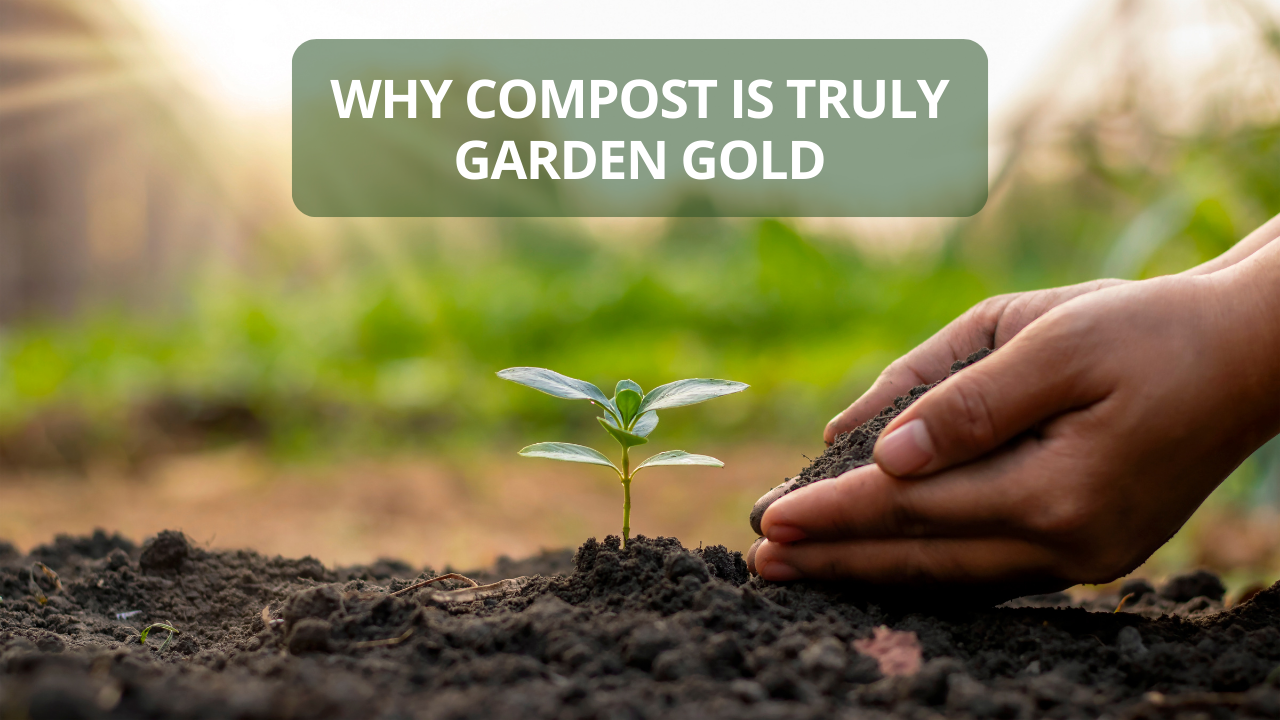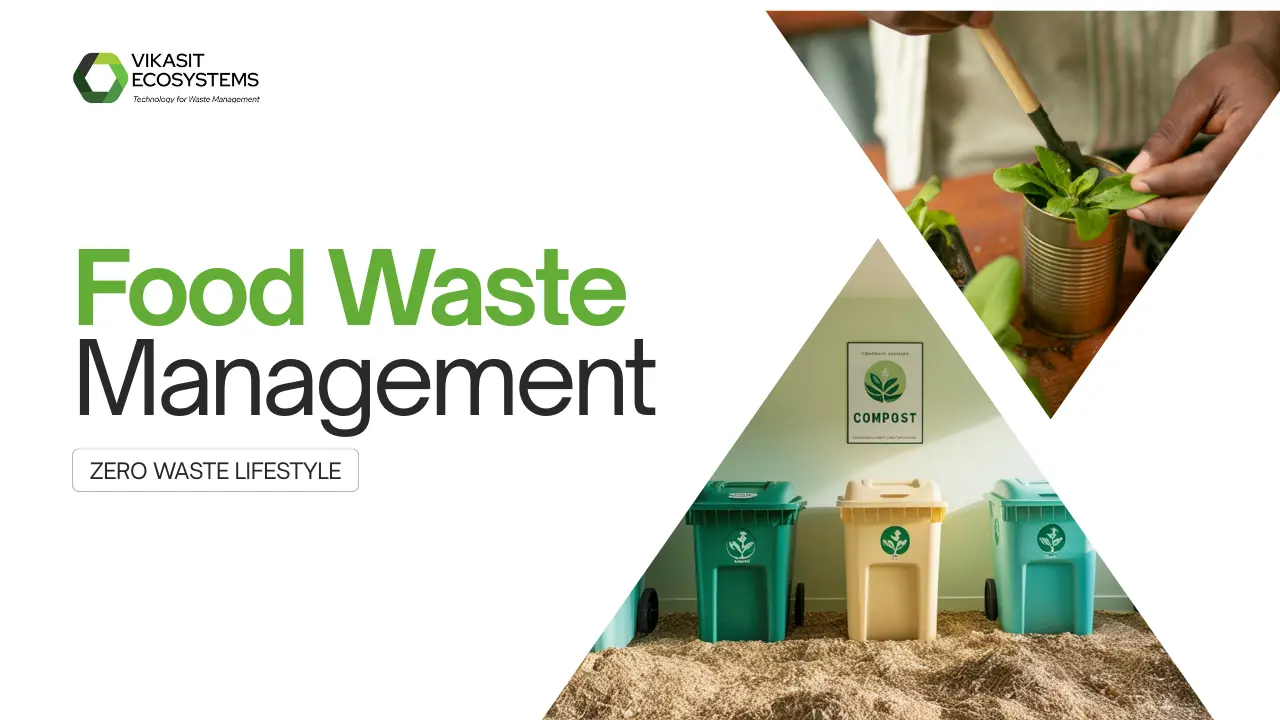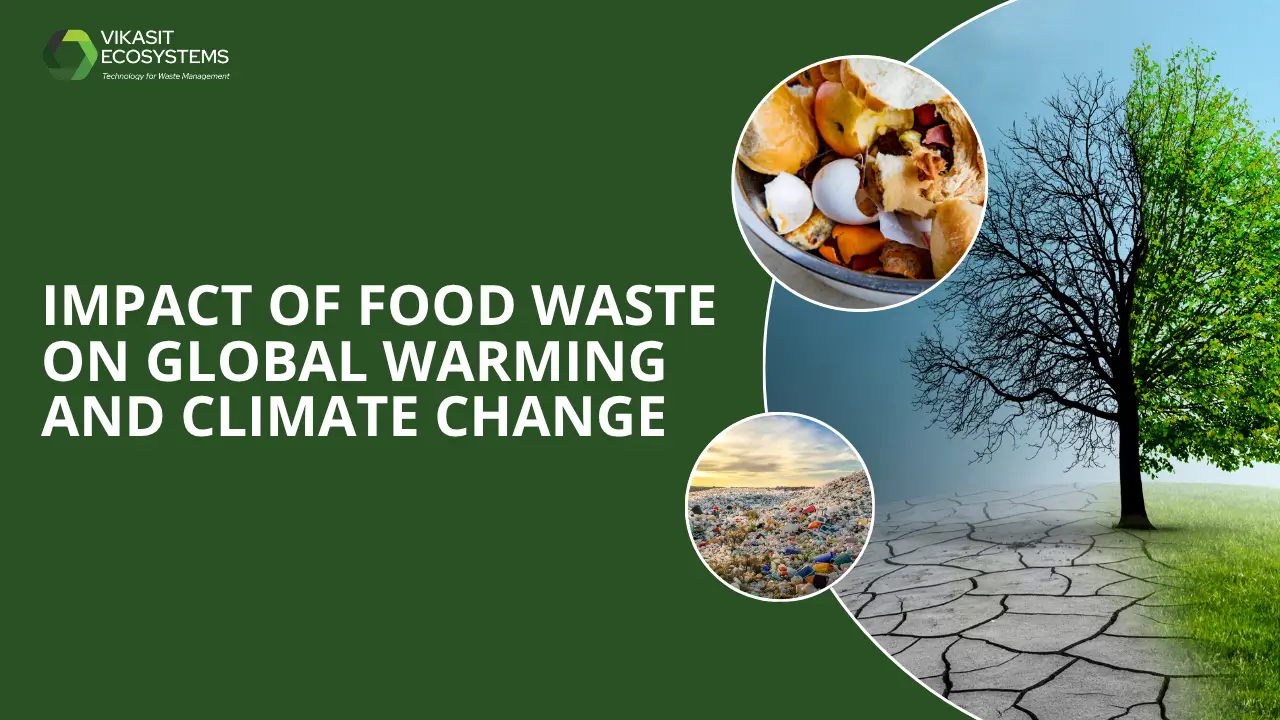Introduction
Transforming kitchen scraps and yard waste into compost is more than a way to cut down trash—it’s a powerful act of regeneration. Often called “garden gold,” compost enriches soil, boosts plant growth, fosters biodiversity, and even helps combat climate change. By returning organic matter to the earth, we unlock a treasure chest of benefits that ripple from our backyards to entire ecosystems.
In this article, we’ll explore the compost benefits, why compost is the ultimate natural fertilizer, how it strengthens soil life, and how it forms the foundation of healthier gardens and landscapes.
1. Building Soil Structure and Health
Healthy soil is the backbone of any thriving garden. Compost revitalizes soil by improving its texture, aeration, and porosity—helping roots grow deeper and stronger. It also enhances soil fertility by increasing organic matter, which prevents erosion and makes soil more resilient to droughts and floods.
Even degraded land can be brought back to life with compost, turning lifeless dirt into a living, breathing medium that sustains plant life.
2. Delivering Slow-Release Nutrients
Unlike synthetic fertilizers that can overwhelm plants or wash away in rains, compost provides a steady supply of essential nutrients—including nitrogen (N), phosphorus (P), potassium (K), and trace minerals. This slow-release feeding nourishes plants over time, ensuring steady growth without the risk of fertilizer burn.
For gardeners, it’s also a cost-effective solution—reducing dependency on chemical fertilizers while creating self-sustaining soil.
3. Boosting Microbial Life and Plant Immunity
Compost is rich in beneficial organisms—bacteria, fungi, protozoa, nematodes, and earthworms. These microbes do more than recycle nutrients—they:
- Compete with harmful pathogens.
- Produce natural antibiotics.
- Trigger plant defence systems, making plants more resistant to diseases and pests.
In essence, compost acts as a living shield, helping gardens flourish naturally.
4. Enhancing Water Retention and Reducing Erosion
A little compost goes a long way. Just a 1% increase in soil organic matter can help soil retain up to 20,000 gallons more water per acre. This improved water-holding capacity means healthier plants, less frequent watering, and more resilience during dry spells.
At the same time, compost improves soil aggregation, reducing erosion and preventing valuable topsoil from washing away.
5. Cutting Down Waste and Fighting Climate Change
Globally, food waste is a major contributor to methane emissions when it decomposes in landfills. Composting keeps organic materials out of landfills, turning waste into a valuable resource. This simple act reduces greenhouse gas emissions and supports a circular economy where nothing is wasted.
By composting, gardeners directly reduce their carbon footprint while creating climate-smart gardens.
6. Boosting Biodiversity and Ecological Balance
Healthy soil equals healthy ecosystems. Compost supports biodiversity at multiple levels:
- Underground: It boosts microbial diversity, balancing fungi and bacteria, improving nutrient cycling, and building soil aggregates that enhance water flow and aeration.
- Above ground: Healthy soil grows stronger, more resilient plants, which in turn attract pollinators like bees and butterflies, as well as birds and beneficial insects.
- Compost piles themselves: Even the compost heap becomes a habitat—home to earthworms, beetles, woodlice, and even small mammals and amphibians.
In fact, studies show that organic farms using compost host ~30% more species compared to conventional farms.
7. Restoring Balance at a Landscape Scale
The impact of compost stretches beyond individual gardens. At a landscape scale, compost restores degraded soils, reduces reliance on toxic chemicals, filters pollutants from runoff, and strengthens ecosystem resilience.
From barren fields to urban landscapes, compost has the power to regenerate soil systems and revive natural balance.
Quick Glance: Compost’s Benefits
| Compost Benefit | Impact on Garden & Ecosystem |
| Builds soil structure | Improves texture, aeration, resilience |
| Provides nutrients | Slow-release feeding, safe for plants |
| Boosts microbial life | Natural disease & pest resistance |
| Improves water retention | Saves water, reduces erosion |
| Cuts waste & emissions | Keeps food waste from landfills |
| Enhances biodiversity | Supports pollinators & soil organisms |
| Restores ecosystems | Revives degraded land, filters pollutants |
Soil Maker OWC: Achieving All These Benefits
All the compost benefits listed above can be achieved with our Soil Maker Organic Waste Converter (OWC) machine. The Soil Maker OWC uses a natural anaerobic process—with no heating involved—relying instead on specialized bacteria for efficient decomposition of wet waste. This ensures the compost produced is nutrient-rich, biologically active, and environmentally safe, providing healthy soil that retains all the qualities nature intended.
With Soil Maker OWC, households, communities, and institutions can manage waste sustainably while producing high-quality soil that enhances fertility, supports biodiversity, and helps close the loop in a true circular economy. 🌱
FAQs
What is composting?
Composting is a biological process where microorganisms decompose organic waste into nutrient-rich soil amendment under controlled aerobic, warm, and moist conditions.
Why is composting important for agriculture?
It enhances soil fertility, improves structure, supplies essential nutrients, and reduces dependency on chemical fertilizers, ensuring sustainable farming.
How does composting contribute to environmental protection?
It prevents pollution, conserves carbon, reduces greenhouse gas emissions, and recycles waste into a useful product.
What is the long-term impact of composting on soil?
Composting sustains soil fertility, resilience, and ecological balance, unlike chemical fertilizers that degrade soil health over time.
What are the compost benefits?
It supplies nutrients, improves soil structure and water retention, enhances humus content, reduces pollution, and lowers farming costs.
What are the drawbacks of chemical fertilizers?
They cause soil degradation, water contamination, air pollution, food residue risks, and long-term dependency while being economically burdensome.
Is composting cost-effective compared to chemical fertilizers?
They cause soil degradation, water contamination, air pollution, food residue risks, and long-term dependency while being economically burdensome.
How does composting differ from chemical fertilizers?
Compost enriches soil with macro- and micronutrients along with beneficial microbes, while chemical fertilizers mainly provide NPK and degrade soil over time.
Conclusion: Composting Is Earth’s Oldest Recycling System
Calling compost “garden gold” isn’t just poetic—it’s accurate. From nurturing soil health and biodiversity to saving money and reducing carbon footprints, compost is a holistic solution for resilient gardens and ecosystems.
Whether you’re a home gardener, a farmer, or a community organizer, composting is a simple yet powerful step toward a greener future.
Start today—set up a Soil Maker OWC, join a local composting initiative, or encourage your community to embrace nature’s recycling system. Every handful of compost is a step toward healthier soil, thriving gardens, and a sustainable planet.
Take the next step toward waste-free living and healthier ecosystems.
Contact us today to learn how Soil Maker OWC can help your home, business, or community convert waste into lasting value.

Written by the Sustainability Research Team at Vikasit Ecosystems – pioneers in decentralized organic waste management and creators of The Soil Maker. Follow us for updates on green innovations, circular economy, and urban resilience.





